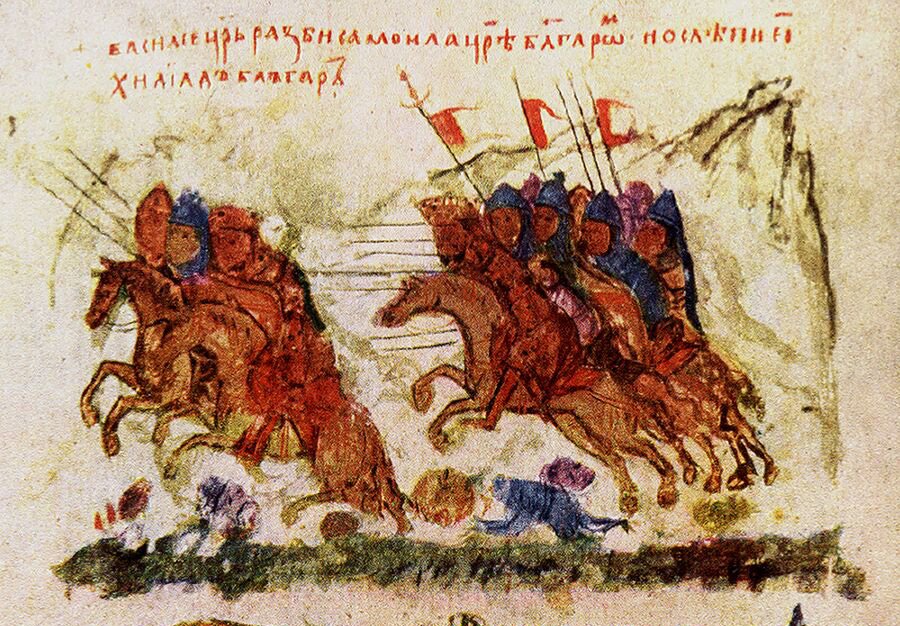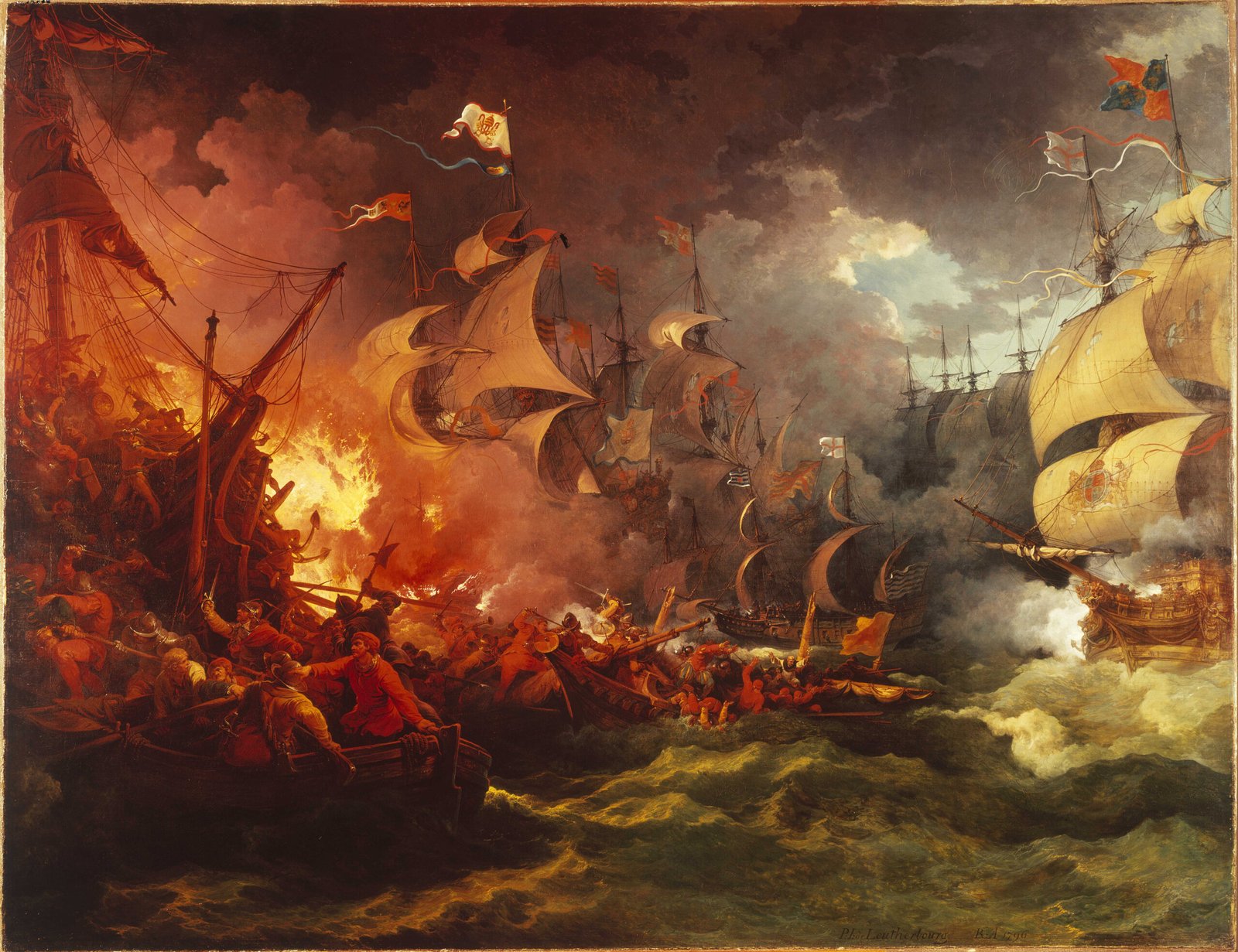Origins and Definition of Auctoritas The term ‘auctoritas’ finds its roots in the Latin word ‘auctor,’ which means originator, promoter, or progenitor. Linguistically, it is derived from ‘augere,’ signifying to augment or increase. Etymologically, auctoritas initially referred to the capacity to grow or promote something, but over time, it evolved to encapsulate a broader spectrum …
More-
The Roman Concept of Auctoritas
-
The Battle of Kleidion in 1014: A Turning Point in Byzantine-Bulgarian Wars
Introduction to the Battle of Kleidion The Battle of Kleidion, fought on July 29, 1014, stands as a significant milestone in the protracted Byzantine-Bulgarian Wars. This conflict, unfolding between the Byzantine Empire and the Bulgarian Empire, was emblematic of the broader struggle for regional dominance in Southeast Europe during the early medieval period. The engagement …
More -
Simon Bar Kokhba: The Rebel Leader and His Enduring Legacy
Introduction to Simon Bar Kokhba Simon Bar Kokhba, born Simon ben Kosiba, is a prominent figure in Jewish history, known for leading a major revolt against the Roman Empire. His early life remains somewhat obscure, but it is believed that he was born in the early 2nd century CE in Judea. The historical context of …
More -
The First Battle of El Alamein: Forces, Commanders and aftermath
Introduction to the First Battle of El Alamein The First Battle of El Alamein, fought between July 1 and July 27, 1942, stands as a significant conflict within the broader context of World War II. Located in the arid expanse of the Egyptian desert, near the Mediterranean coast, this battle marked a crucial turning point …
More -
The Life and Expeditions of Francis Drake
Introduction to Francis Drake Francis Drake, born in 1540 in Tavistock, England, stands as one of history’s most prominent figures in the realms of exploration and naval warfare. His early years were marked by experiences that shaped his future endeavors, having been raised in a seafaring family during a time when maritime exploration was burgeoning. …
More -
Operation Gomorrah 1942
Introduction to Operation Gomorrah Operation Gomorrah, executed in July 1943, stands as a pivotal event in the timeline of World War II, marking a significant Allied bombing campaign against the German city of Hamburg. This military operation was not merely a tactical maneuver but a calculated assault designed to cripple the industrial and logistical capabilities …
More -
Byzantine Emperor Nikephoros I: His Life and Legacy
Early Life and Rise to Power Nikephoros I was born around 750 AD into a notable Byzantine family, likely of Greek origin. His early life remains somewhat obscure, but it is known that he hailed from a lineage that had long been entrenched in the administrative and military machinery of the Byzantine Empire. This familial …
More -
The Volkssturm: Formation, Deployment, Legacy, and Notable Members
Introduction to the Volkssturm The Volkssturm, translating to “People’s Storm” in English, was a national militia established by Nazi Germany in the final months of World War II. As the war progressed unfavorably for Germany, the Allies pressed forward on both the Eastern and Western fronts, leaving the Nazi regime in a desperate situation. The …
More -
Jan Hus: His Life, Ideas, and Lasting Legacy
Introduction to Jan Hus Jan Hus, born in 1372 in the Kingdom of Bohemia, now the Czech Republic, stands as a pivotal figure in the history of religious reform. His early life in Husinec, a small Bohemian village, was marked by humble beginnings. Hus pursued higher education at the University of Prague, where he earned …
More








